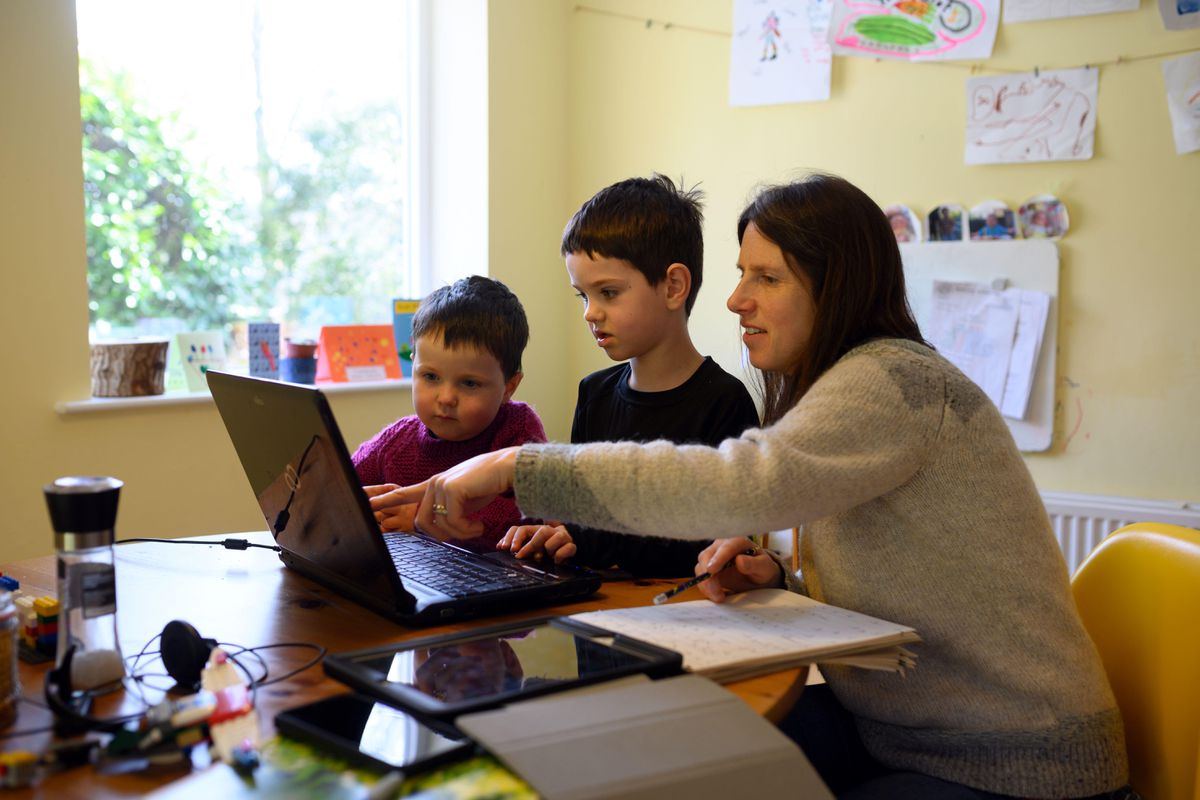
Avoid These 7 Common Homeschooling Mistakes
While homeschooling is a simple alternative to traditional schooling, it can be intimidating to either transition from schools, to actually start your child with homeschooling (even before considering public school). In fact, some parents may feel backed into a corner with no other options, while others look forward to homeschooling.
Regardless, if you’re considering homeschooling your children, then steer clear of these 7 common mistakes made in this type of schooling, so that you can really invest in them.
Turning It Into “Public School”
“The biggest temptation that a parent can fall into is trying to copy regular schooling, when homeschooling their children,” says Hannah O’Brien, a career adviser at OX Essays and Best Australian writers. “The whole point of homeschooling is to introduce the child to a new approach to learning. However, don’t turn your home into mini public school by setting up school-like schedules. Homeschooling is supposed to equip your child with skills they wouldn’t get in a traditional classroom setting.”
Resources like Inclusive Solutions help you find effective ways to make homeschooling worth it by showing you “the basics in face-to-face training sessions, and guide you through more advanced concepts and ideas.”
Over-scheduling
Although schedules are essential when homeschooling children, overscheduling may start to get overwhelming for children. This results in burnout and frustration.
Your best bet, as the parent, is to limit your schedule to one or two activities at a time. However, when making schooling a priority, make it enjoyable, not overwhelming.
Not Scheduling Enough
While overscheduling can be a nightmare, under-scheduling can be just as bad. Kids need plenty of learning opportunities when they’re homeschooled. That means either taking them to nearby museums, support groups, churches, historical sites, etc. Make your trips learning opportunities for them, and make sure that you plan them ahead of time to avoid missed opportunities or last-minute ideas.
Setting Unrealistic Expectations
It’s good to have expectations when homeschooling children. However, it’s very easy to rely on unrealistic expectations. For example, if you’re expecting your 3-year-old to read, then you’ll only be disappointed in realizing that they need more time to learn reading skills. And, if you try to force things to happen – force children to learn – then you and your child will experience burnout.
Instead, evaluate your expectations; and, if necessary, change them up, if they’re unattainable. Your goal here is to take the lead, and teach effectively.
Not Making School Interesting
Children can be very observant. So, if they’re bored from the homeschool sessions, then they’ll say so.
Don’t ignore this feedback.
If your child loves something, keep it. But, if something isn’t working, and your child sees that, change it up.
However, with disabled children, don’t be afraid to ask for help. Thanks to Inclusive Solutions, they’ve introduced “Circle of Friends,” which is an approach to “enhancing the inclusion, in a mainstream setting, of any child or young person who is experiencing difficulties in school because of disability, personal crisis or because of their challenging behaviour towards others.”
Isolating Your Child
“Isolating your child can do more harm than good, when homeschooling them,” says Corey Clarke, a business writer at Academized and State of writing. “Isolation only makes homeschooling a dull experience for them.”
So, how can you change this?
“An engaging environment allows you to bring knowledge to your child that they can’t find in books,” adds Clarke. “Plus, such environments allow children to practice interpersonal skills that come in handy for everyday experiences.”
Inclusive Solution offers great ways for your child to experience the world in real-life scenarios, with resources like Person Centred Planning Together (written by Colin Newton, Derek Wilson, and Claire Darwin) – a book that’s “a culmination of years of working with person centred planning tools and processes in real world contexts.”
Having A Cluttered “Classroom”
No one wants to work in a cluttered mess, and the same is true for homeschooling.
Instead, opt for organizing school supplies, papers, notes, and teaching tools with storage containers, file drawers, etc. This allows you to be more organized, rather than waste “school” time searching for lost items.
Conclusion
While homeschooling can be an incredibly rich and rewarding experience for both students and parents, it’s possible to make mistakes along the way. It’s okay to make mistakes. However, when you avoid these 7 homeschooling mistakes that were discussed in this article, homeschooling will be fun and enjoyable for both you and your child.
Kristin Herman is an editor at Writemyaustralia.com and Australianreviewer.com. She is also a freelance writer for Topcanadianwriters.com. As a tech enthusiast, she blogs about the latest tech trends.
Tags: Child psychology, circle of friends, EHCP, Inclusive Education, leadership development, Leadership Lessons, leadership training, problem solving, school improvement, special educational needs, team building training